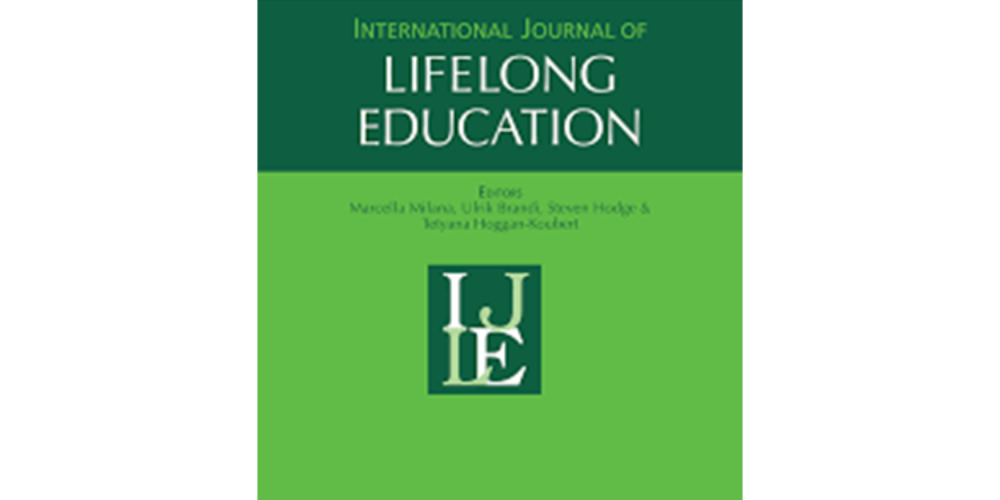This paper draws from a broader study on citizenship education in Western Uganda to explain how civic education knowledge translates into civic engagement through people’s lived experiences. The paper
addresses two questions, that is the contextual understandings of civic education and civic engagement by the partner NGO. Secondly, what explains people’s decision to engage or not to engage. We employed critical research methodologies with multiple data collection methods as a means of empowering rural community members to dialogue with stakeholders in civic education. We present the findings based on three themes, that is rationality, power dynamics, and mutual interests. We draw on Rational Choice Theory to theorise reasons for civic engagement. We particularly argue that drivers for and against civic engagement are largely individual and driven by assumed benefits and losses. Individual assumptions can also translate to group or larger social conclaves based on common drivers, beliefs and interests. We conclude by noting that actors in civic education and awareness programmes ought to note that civic engagement is rooted in individual rationality albeit contextual.
Click to Access Full Report


